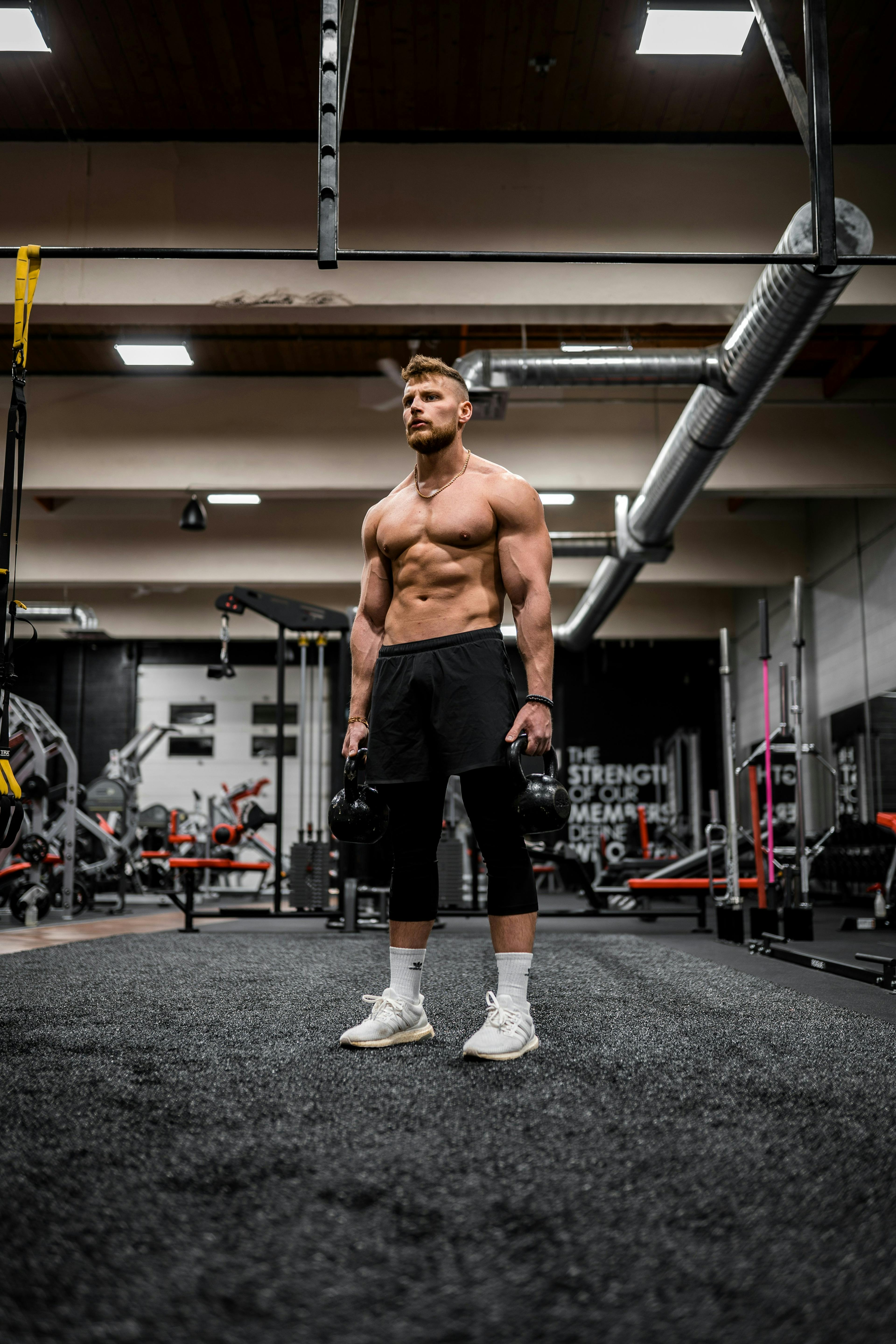Mind & Body: The Connection Between Exercise and Mental Health
In today's fast-paced world, maintaining mental health is as crucial as physical health, and the connection between exercise and mental well-being is undeniable. At Mavyn, we understand the importance of holistic health, and we're here to guide you through understanding how physical activity influences your mental state.
The Psychological Benefits of Exercise
Exercise is not just about aerobic capacity and muscle size. Sure, exercise can improve your physical health and your physique, trim your waistline, improve your sex life, and even add years to your life. But that’s not what motivates most people to stay active.
People who exercise regularly tend to do so because it gives them an enormous sense of well-being. They feel more energetic throughout the day, sleep better at night, have sharper memories, and feel more relaxed and positive about themselves and their lives. Here’s a closer look at some of the psychological benefits:
1. Mood Improvement
- How it works: Engaging in exercise can increase the production of endorphins, often known as the body's "feel-good" neurotransmitters.
- Example: A brisk 30-minute walk or a session of yoga can lead to enhanced mood and feelings of relaxation.
2. Reduction in Stress
- How it works: Exercise reduces levels of the body's stress hormones, such as adrenaline and cortisol.
- Example: Participating in high-intensity physical activities like kickboxing or interval training can help you manage stress effectively.
3. Anxiety and Depression Alleviation
- How it works: Regular participation in aerobic exercise has been shown to decrease overall levels of tension, elevate and stabilize mood, improve sleep, and improve self-esteem.
- Example: Running, swimming, dancing, or cycling can help reduce anxiety and depression symptoms.
4. Boost in Brainpower
- How it works: Cardiovascular exercise can create new brain cells and improve overall brain performance.
- Example: Engaging in complex activities like martial arts or rock climbing not only keeps your body fit but also challenges your brain.
5. Memory Enhancement
- How it works: Regular physical activity boosts memory and ability to learn new things by increasing the production of cells in the hippocampus responsible for memory and learning.
- Example: Yoga and meditation can enhance your concentration and memory retention.
6. Increase in Self-Confidence
- How it works: On a very basic level, physical fitness can boost self-esteem and improve positive self-image.
- Example: Achieving fitness goals, even small ones, can increase your confidence and encourage you to achieve other objectives.
How to Incorporate Exercise into Your Routine
Starting an exercise routine can be challenging, especially if you’re new to it or if it’s been a while. Here are some tips to get you started:
- Set Realistic Goals: Start with easy goals and then progress to more challenging ones.
- Make It Fun: Find sports or activities that you enjoy to make exercise seem less like a chore.
- Build Activity into Your Daily Routine: Schedule it as you would any other important activity.
- Use the Buddy System: Exercise with friends, family, or colleagues.
- Keep a Record: Keeping an exercise diary can help you maintain motivation and consistency.
Remember, at Mavyn, whether you need AI-driven insights or human expert guidance, we're here to support your journey to better health. Connect with Mavyn GPT or our human experts today to personalize your health and wellness journey.
Exercise is a powerful medicine for many common mental health challenges. Regular exercise can have a profoundly positive impact on depression, anxiety, and more. It also relieves stress, improves memory, helps you sleep better, and boosts your overall mood. And you don’t have to be a fitness fanatic to reap the benefits. Research indicates that modest amounts of exercise can make a real difference. No matter your age or fitness level, you can learn to use exercise as a powerful tool to feel better.
